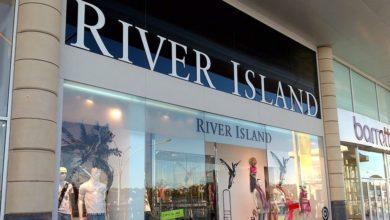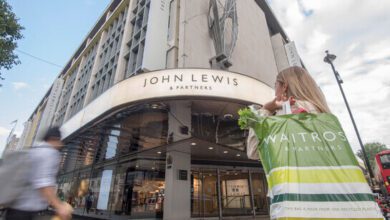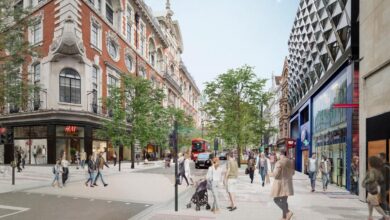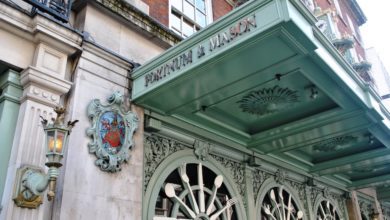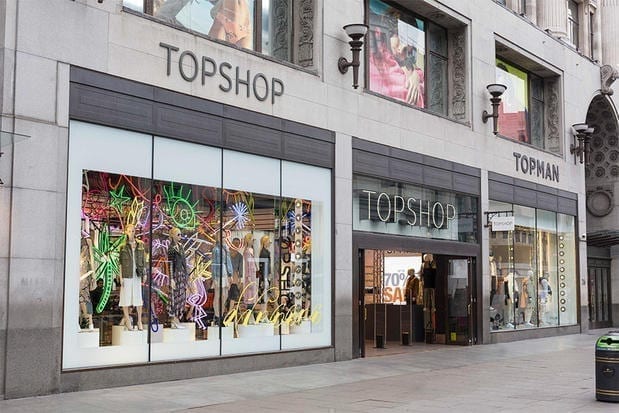
Once a titan of UK retail, the collapse of Arcadia 10 years ago would have come as a shock to everyone on the high street, whereas in 2020, the road to its demise has been mapped for some time and has now finally reached its end – with its rivals desperately waiting to peck at its carcass.


